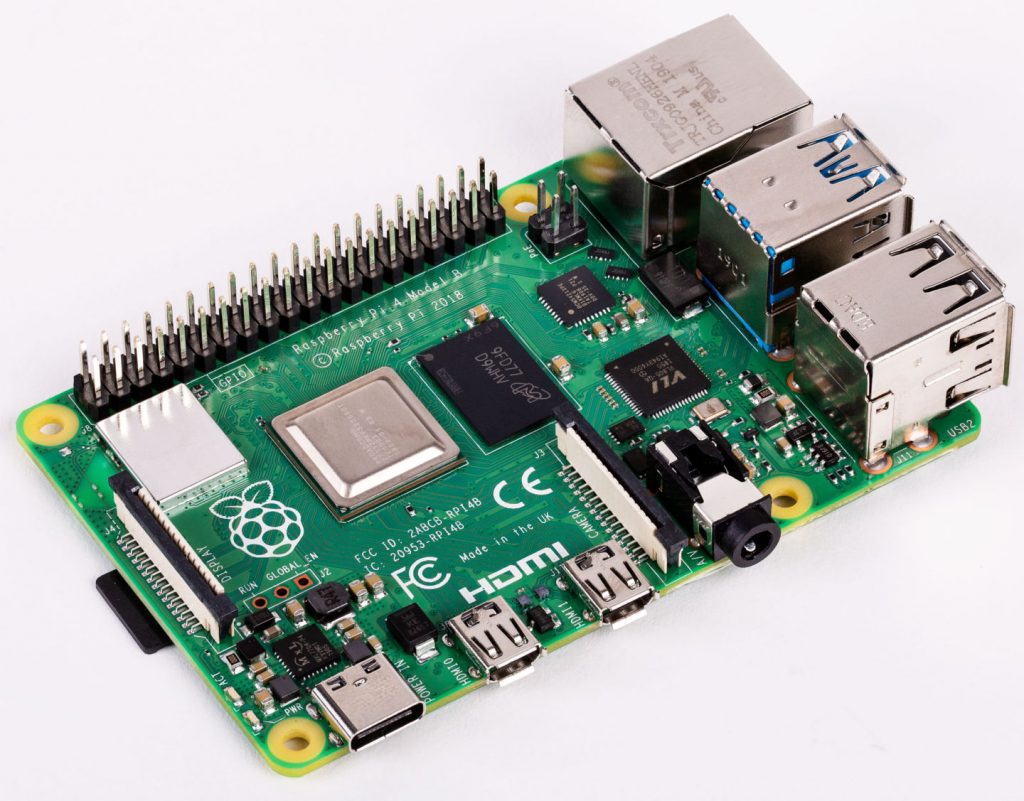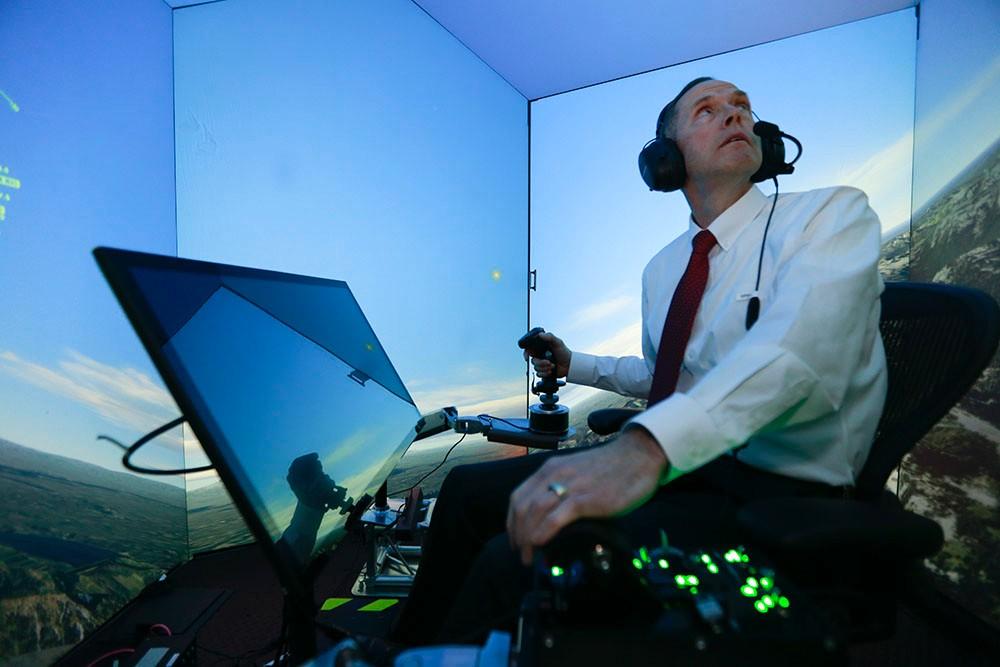Today, Raspberry Pi is introducing a new version of its popular line of single-board computer. The Raspberry Pi 4 Model B is the fastest Raspberry Pi ever, with the company promising “desktop performance comparable to entry-level x86 PC systems.”
The new model is built around a Broadcom BCM2711 SoC, which, with four 1.5GHz Cortex A72 CPU cores, should be a big upgrade over the quad core Cortex A53 CPU in the Raspberry Pi 3. The RAM options are the even bigger upgrade though, with options for 1GB, 2GB, and even 4GB of DDR4. The Pi 3 was limited to 1GB of RAM, which really stung for desktop-class use cases.
There has been some upgrades and tweaks to the Pi 4 I/O, too. The Gigabit Ethernet returns, as do the four USB ports, but two of them get an upgrade to USB 3.0. Power is now supplied via a USB-C port, instead of the aging Micro USB of the Pi 3. The headphone jack returns, too, and it’s still a four-pole solution providing audio and composite video.
One interesting choice is the removal of the single, full-size HDMI port of the Pi 3 in favor of two micro HDMI ports. The Pi 4 will now support two 4K monitors, but you’ll have to deal with the less-ubiquitous cable selection. To push those displays, Raspberry Pi is promising lots of multimedia support: H.265 decode for 4K60p, H.264 1080p60 decode and 1080p30 encode, and OpenGL ES 3.0 graphics.
The 40-Pin GPIO header is fully backwards compatible with previous boards, so all your old hats should work. Ditto for the flex two cable connectors, which are still a two-lane MIPI DSI (Display Serial Interface) and a two-lane MIPI CSI (Camera Serial Interface). The device still features 2.4GHz and 5GHz 802.11b/g/n/ac Wi-Fi, while Bluetooth has been upgraded to 5.0. As always, the Pi has 0GB of storage. You’ll need to pop a MicroSD card in to load an OS and run programs.
Just like the Raspberry Pi 3, the Pi 4 starts at $35 for the version with 1GB of RAM. There are now higher tiers with more RAM: 2GB for $45 and 4GB for $55. Raspberry Pi says the Pi 4 will remain in production until at least January 2026.
via arstechnica.com



